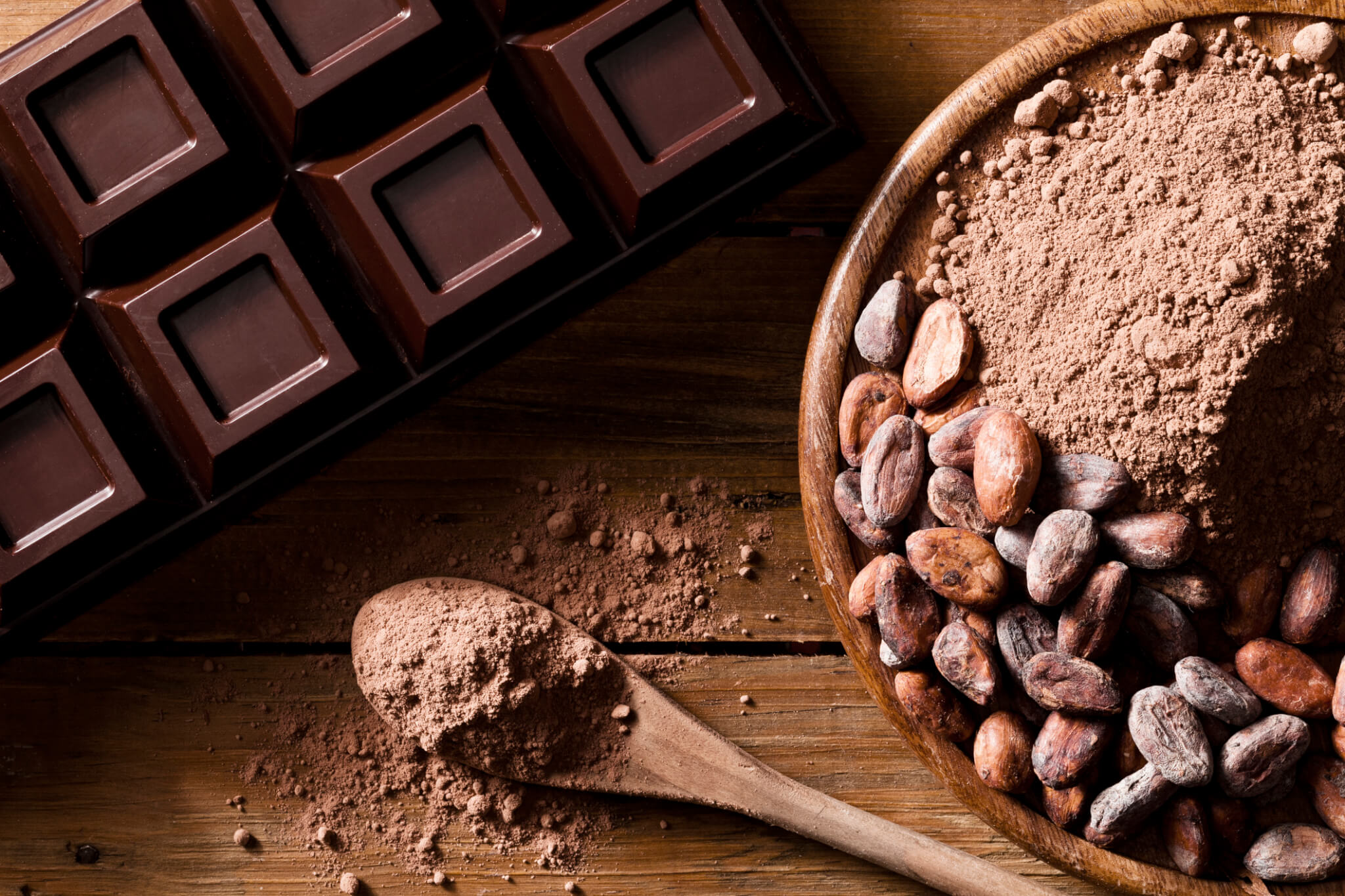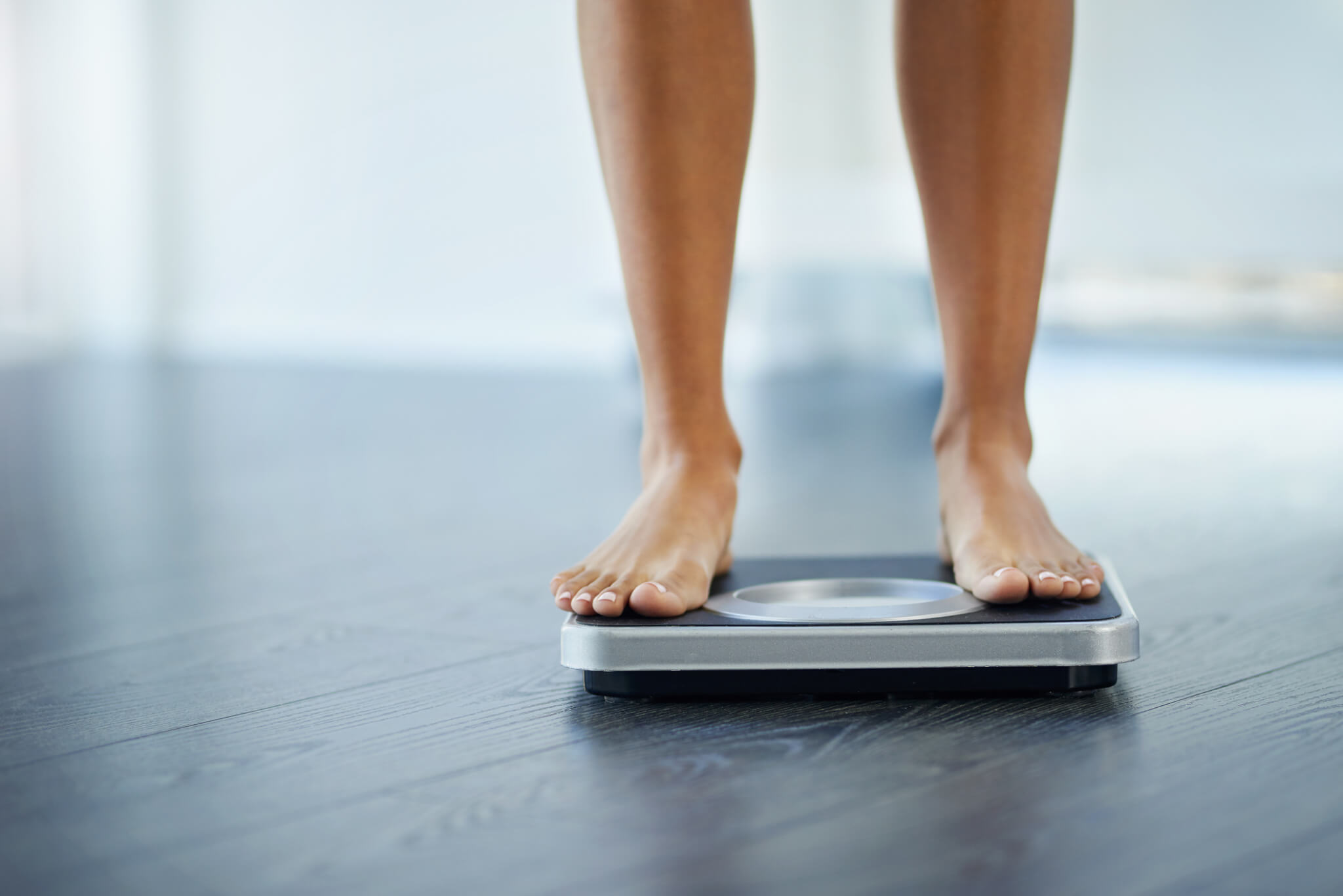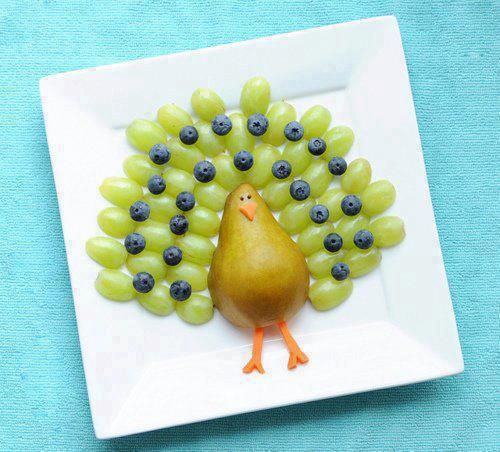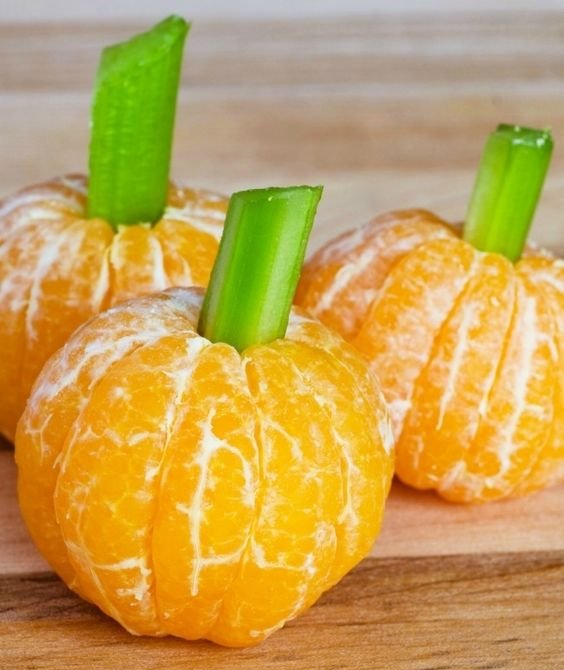
By now, the last reminder of Valentine’s Day is the heart-shaped box of chocolate stashed on top of the refrigerator with 2-1/2 uneaten pieces getting stale. But it might surprise you to know that the International Day of Love is now the #3 candy holiday behind #1 Easter and #2 Christmas, but still ahead of our personal office favorite Halloween. Valentine’s-related sales account for 25% of the total annual candy purchases according to the market website CandyIndustry.com.
But just like those heart-shaped boxes of chocolates, the answer to our headline question is mixed. While chocolate’s effects may be detrimental to your weight-loss efforts, there is research to indicate it has unique health benefits.
The Good…
Polyphenols – These micronutrients occur naturally in cocoa. They have a natural antibacterial action and disrupt streptococcus bacteria that contribute to dental cavities. In fact, the chocolate compound CBH helps to harden enamel and is more effective at fighting decay than even fluoride.
The Bad…
This all applies mainly to Dark Chocolate. That means no Snickers. As a rule, the higher the cacao percentage and the lower the sugar, the better. In fact, research suggests that the best way to derive the dental benefits is from nibbling on raw cacao nibs. However, they are far too hard and bitter for most people to chew on, so the internet is full of recipes and tricks for integrating cacao into your favorite smoothie, breakfast recipe, or baked treat.
…And The Ugly.
All supporting research is based on moderate consumption. As it is denser and richer than it’s confectionary cousin milk chocolate, it is easier for small amounts of dark chocolate to satisfy those cravings most of us get.
But chocolate is chocolate, right? If adding a semi-sweet bite of it to an already-healthy diet can improve overall health, why not? Just remember to brush afterward.




